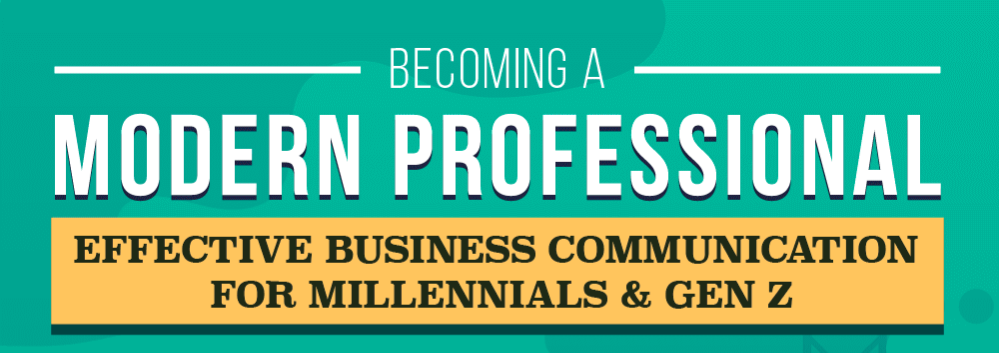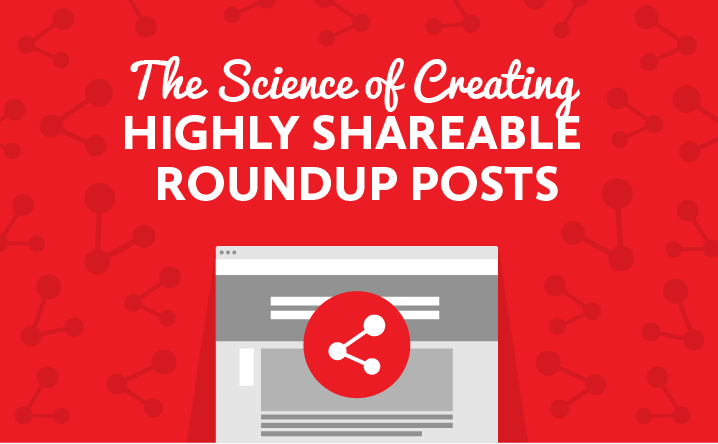Obtaining a job in today’s competitive scene is a marketing campaign. Candidates tout their accomplishments, hoping to have a chance to explain them in more detail in an awarded interview. The stressful job hunt cycle forces non-marketing experts to adapt — without marketing strategies, a simple resume means little.
Employers need to see the sparkle behind the words. What will the person behind the job history provide them? How will the applicant justify the company investing in them? Answer these questions by understanding how to outperform other applicants with marketing strategies.
Translate Text to Speech
Most beginning communications for a job prospect start with submitting a wall of text describing the ins and outs of education and job history. Regardless of how detailed this story can be, applicants must prepare for the occasion when they must describe those experiences without the script.
Marketers are pros at performing this translation. The elevator pitch must feel natural yet encompass the best parts of the resume and the candidate’s ambitions. Marketing teams often rely on precious seconds to convey their message, making that first impression unforgettable. It also accentuates the ability to see what’s important, distilling years of experience into the most significant highlight.
Applicants must do the same because they are among a sea of other prospects. Employers can be ruthless in narrowing down their search depending on how much they have to wade through, so the way job seekers paint what’s on paper into a convincing pitch could be the turning point between setting up the following stages of an interview.
Flip Flaws Into Strengths
Many people prepare for the job application process by doing mock interviews. Knowing responses ahead of time will eliminate the chances of dead air during the conversation. Mid-interview isn’t the time to ponder an old job at length to find an example of outstanding leadership. Marketers must be expert improvisers if they can’t strategize how to respond to the press beforehand.
Applicants can consider this when marketing themselves. The questions that require applicants to reveal their negative professional traits are some of the most loaded, making job seekers wonder if honesty will hurt their chances at the position.
Candidates can eliminate these worries with practice and finding ways to rotate flaws as a benefit for the employer. Here are some of the most common questions applicants receive that cause uncomfortable self-reflection and transparency:
- Tell us your weaknesses as an employee.
- Explain a time when you disagreed with superiors and how you handled it.
- How do you respond to negative feedback?
- What is a gap in your knowledge you’re actively trying to improve?
If the candidate says their main flaw is they’re easily overwhelmed with big projects, marketing strategies can turn that into a positive by stating it’s because they have high standards for their work. After all, they know they can turn in a perfect product every time.
Disagreeing with someone and receiving criticism can outline how well the employee communicates maturely despite the context. Explaining a knowledge gap — or a few — with passion will assure employers the craving for education didn’t stop once the applicant graduated. How would these flaws help the business?
Invest in Education
Receiving a job isn’t the end of learning. Candidates continue to build on their expertise through networking and experience — nobody is immune to this phenomenon or knows everything walking in the door. Advice like this is multifaceted. Applicants must prove they’re always learning soft and hard skills like college never stopped while proving to the employer they do market research within their sector to understand it more deeply. Marketers know competitors as well as they know internal operations.
They must invest in new software to learn about recent trends or other industry experts for added opinions on a strategy. Using education as a touchpoint in the interview process will hint at these qualities to employers. Eventually, these efforts will pay as a long list of accomplishments and publications that can make a candidate’s case for the job without a verbal defense.
Investing time and resources into continued education and relaying that to prospective employers demonstrates a willingness to go out of a comfort zone and be an industry expert.
Does the role require learning how to manage a team? Give examples of educational experiences and proof of improvement. Could the applicant be experimenting with industry-leading software that could change operations? Explain how that process is enlightening and game-changing. People who claim they know everything and think this will solidify the job come off as elitist and damage their chances.
Make Your Network Work
Having connections can nail down a job for anyone, but sometimes employers don’t want to hear a high recommendation from a trusted source — they want to see applicants expose what they gain from their network. Candidates can unintentionally default to relaying who they know, hoping the other person’s reputation will speak for their own. It would help an employer see how the candidate relates and learns from mentors in their network more than an anecdote about how they met without professional context.
It’s a stealthy way to notify employers how the candidate will be qualified enough one day to be a network asset themselves. Suppose they gain value from fellows in the industry. In that case, they can spread that knowledge to the next generation of leaders, promising the employer they will set a fine example for the company and the industry.
Empathizing with the target audience is everything in a marketing plan. When the job seeker explains how their network benefits them, it is an intimate way to describe how they prioritize collaboration and curiosity for professional development.
Create Brand Loyalty
Building a brand sounds counterintuitive — what’s the point of creating a brand when applicants want to make employers think they fit within their brand? Applicants have to do research and get crafty by building out websites, social media and portfolios based on company research.
If the organization the job seeker wants has a sense of humor, that’s ideal to incorporate into mission statements. If the job is as white-collar as it gets, keep things professional and maybe change the selfie on the LinkedIn profile to a professional headshot.
Appreciating the gravity of tools like LinkedIn or a thorough Indeed profile is crucial. Advances in automated applicant analysis with applicant tracking systems make it more important to be specific about job descriptions and list accomplishments. The more keywords applicants hit to demonstrate their credibility that match what the employers are looking for could get them past an initial scan.
Many claim marketing as a job applicant requires bragging — in reality, it’s about strategizing. How do candidates present wins and discuss collaborators? What insight does that provide about the strength of the applicant’s standing in the industry?
Becoming a Marketing Firm
Using marketing strategies is one of the most clever and effective ways to get a name out there as a job candidate. From the classic elevator pitch to picturing personal brand cohesion, landing the role is one massive campaign.
Employers have higher standards and so do job applicants. They want their next job to lead to a career, tenure and relationships. However, employers won’t reward these perks to nameless faces on the applicant pile. Candidates may not have studied marketing, but picking up the basics during the job application process will be a golden asset.
Related Posts
Devin Partida writes about topics concerning tech and the internet. She is also the Editor-in-Chief of ReHack.com.







